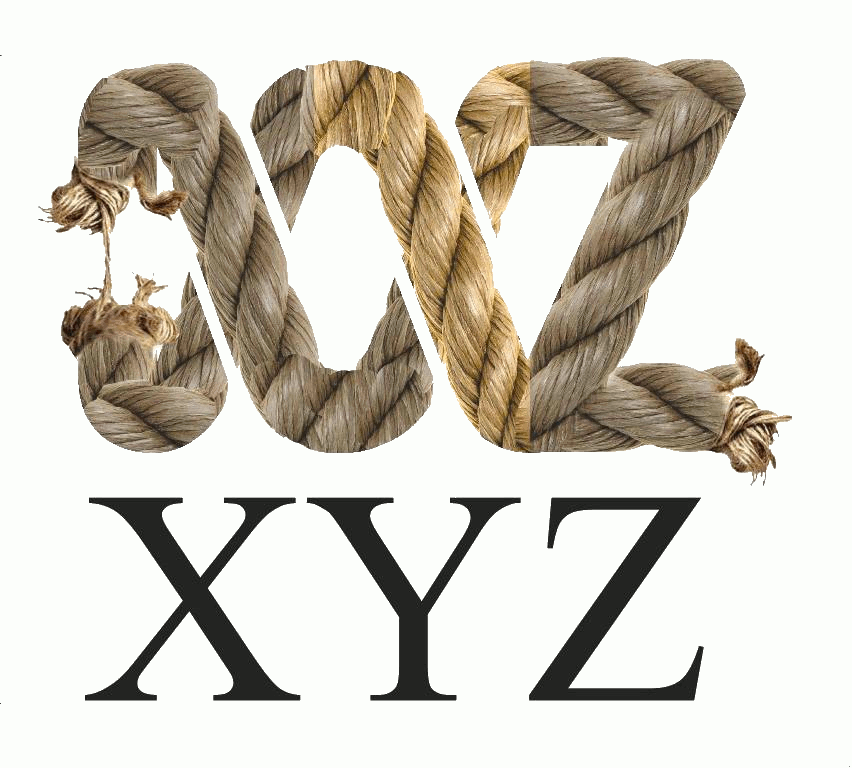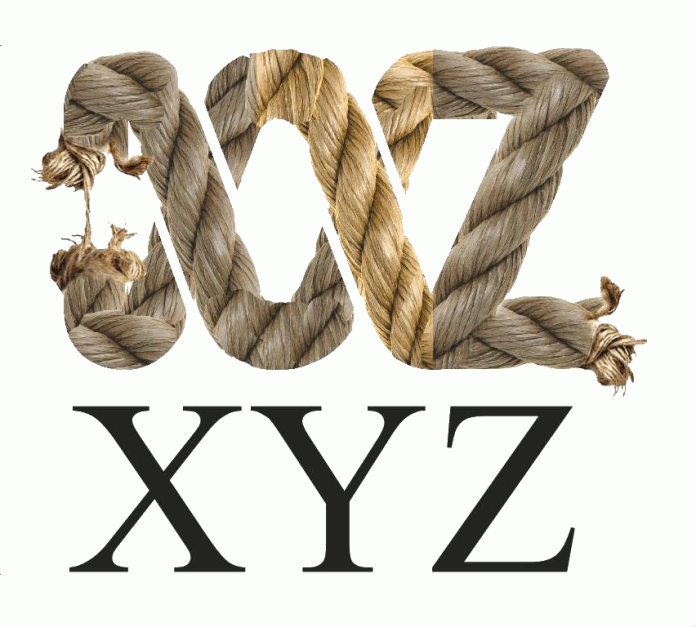In my student days I lived in a typically “progressive” inner city sharehouse, with fellow students and young adults who held all the correct views on immigration, racism and the War on Terror – basically, the Buck Fush brigade. One episode sticks in my mind to this day, when one of my properly and unproblematically “progressive” housemates objected to one potential new one, on the grounds they were Asian and didn’t have very good English.
A few years later while I travelled through the USA, I was struck by the humility, openness and generous hospitality of Red State Americans. I had been expecting brashness, arrogance, but the closest I got to this was on the “progressive” coasts.
I think some people are dismissive of the kindness of Southern hospitality because, “Hey, they’re all a bunch of racist homophobic bigots.” But I am more inclined to think, “What is the point of adhering to every politically-correct way of thinking, speaking, and viewing the world, if you are a jerk to your fellow human beings.” Of course I am generalising here, but lessons such as this helped me to resist the social conditioning to which I was subjected in my 20s.
Exploring a similar line of thought, my school days were made a misery by relentless bullying, not for any particular reason other than people realised I was the sort of person who could be bullied easily. A swift punch to the jaw sorted a few of them out, but the older you get, unfortunately this becomes less and less acceptable. When I reached University a fresh start was well and truly made, but it was disconcerting to be told, repeatedly, that as a white male, my hardships were inconsequential, that I had lived a privileged life and had never had to face any real hardships.
Again, such life lessons made me skeptical of the idea that bullying someone on the basis of their race is any worse than bullying someone on the basis of being, well, themselves. The long-term effects of bullying throughout someone’s life remain regardless of race.
 Before you think that such a line of reasoning makes me a racist, I would point out that this exact argument has been made before, by people who generally are on the left, or of “minority” backgrounds. When Andrew Symonds was called a monkey by Harbajan Singh on the 4th of January 2008, during the second cricket Test of the series between Australia and India, the contextualisation brigade went into overdrive. It was alleged that the Aussies were bullies, and that their bullying was every bit as bad as the racism of Harbajan Singh and the Indian crowds who had taunted him. The Aussies’ very demeanour was labelled racist. The fact that we won all the time, and had a nasty habit of grinding teams into the dust, was racist. We were racist because we were white. We were racist because we were racist. The Indians couldn’t be racist, even to the dark-skinned Symonds, because Symonds was from a privileged country and the Indians were from an underprivileged country. Racism, in an inverse relationship to satire, only counts when punching down.
Before you think that such a line of reasoning makes me a racist, I would point out that this exact argument has been made before, by people who generally are on the left, or of “minority” backgrounds. When Andrew Symonds was called a monkey by Harbajan Singh on the 4th of January 2008, during the second cricket Test of the series between Australia and India, the contextualisation brigade went into overdrive. It was alleged that the Aussies were bullies, and that their bullying was every bit as bad as the racism of Harbajan Singh and the Indian crowds who had taunted him. The Aussies’ very demeanour was labelled racist. The fact that we won all the time, and had a nasty habit of grinding teams into the dust, was racist. We were racist because we were white. We were racist because we were racist. The Indians couldn’t be racist, even to the dark-skinned Symonds, because Symonds was from a privileged country and the Indians were from an underprivileged country. Racism, in an inverse relationship to satire, only counts when punching down.
Apparently.
The pick of the bunch came from Sunil Gavaskar, who argued that the white match referee was racist for taking the white Ricky Ponting’s word over the brown Sachin Tendulkar’s.
“Millions of Indians want to know if it was a ‘white man’ taking the ‘white man’s’ word against that of the ‘brown man’… By accepting the word of the Australian players and not the Indian players, the match referee has exposed himself to the charge of taking a decision based not on facts, but on emotion.”
Thus, it became racist for a white person to accuse a non-white person of racism.
This was the moment I stopped caring about racism. I had seen the boundaries of the definition of racism moved constantly throughout my life. It had moved from the quite simple understanding that racism falls under the principle of the Golden Rule – “Do unto others as you would have them do unto you” – to a more complex, and conveniently flexible definition – “It’s not what you say, it’s who you are.”
This informed my fury this year when Adam Goodes started getting booed, and the PC brigade, the same brigade who had moved heaven and earth to contextualise the racial slur against Andrew Symonds, repeated ad nausea that the booing was a black-and-white case of racism. It doesn’t matter that you think you are booing him because he humiliated a 13-year-old girl on national television. Your unconscious racism is showing.
Where were these jerks when Andrew Symonds was called a monkey? Where were they when he was forced out of the game in disgrace, betrayed and disillusioned? Why weren’t they calling for Symonds to be named Australian of the Year for taking a stand against racism? Of course, they were busy taking the exact opposite line of argument to what they do now. The concept of racism the “progressives” adhere to is a con. It is clear-cut red line for one situation, but clouded in grey for another. It is racist to call Adam Goodes an ape, but not inexplicable for Andrew Symonds to be called a monkey. Racism has become a weapon to be wielded for political advantage, and to advance left-wing political agendas.
Many, many Australians, of every colour and ethnicity, are waking up to this fact, and calling it the con it is. We know that it is far better to be branded, unjustly, a racist, than to be a jerk.










